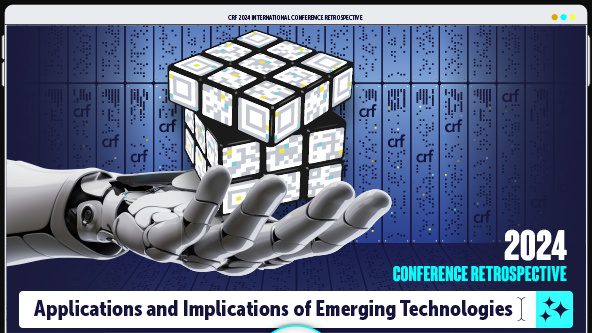Future of Work and People Strategy
Blog: Keeping Up with the Modern Workplace
What do you need to keep an eye out for in the next year?
In a recent Briefing Paper for HR Directors, David Rowan, Founding Editor of WIRED UK and author of Non-Bullshit Innovation, stopped by to give us a run-down of the key people trends of the early 2020s.
The decentralised workplace
There’s no going back: flexible working is here to stay. Repeated lockdowns proved that work can get done pretty effectively at home. To keep talent motivated, leaders will need to ensure that their IT systems are optimised for remote working, and embrace virtual communication tools that make staff feel part of the core company. Leaders should also use software tools to bring their distributed teams together in offices for just part of the week.
Innovation acceleration
The pandemic forced the lingering analogue industries – from department stores to doctors’ surgeries – to digitise rapidly in a bid to survive. That impetus to digitise will only increase, and leadership teams will need to embed technology-led innovation at the core of their strategies. If customers can touch a phone screen or ask Siri for something you offer, you’d better make sure your processes are in place to deliver it as if by magic. This means investing in your in-house tech teams and building an ecosystem with independent tech startups that can help you.
Algorithmic bias
There’s a growing concern that our increasingly AI-driven lives are subject to the biased assumptions of those who wrote the code. Do your face-recognition entry systems find it harder to recognise non-white staff? Is your recruitment database disproportionately penalising older women? Expect greater public scrutiny – from your staff, but also from politicians – of automated decision-making in all its forms.
Carbon accountability
In the coming months, you will come under greater pressure from your staff to contribute towards carbon neutrality, as employees expect you to walk the walk on sustainability. You can’t change what you can’t measure so a first step will be to audit your organisation’s contribution to CO2 emissions, and you will be expected to be open and accountable. Luckily there’s a new breed of climate-tech startup, such as Plan A in Berlin, that will help you comprehensively measure and reduce your company’s emissions.
The passion economy
Remember the gig economy? Now get used to the passion economy. A swathe of new online skills marketplaces are enabling individuals to earn a living by trading on their personal reputation. It’s like eBay or Etsy, but for monetising workplace skills and passions (hence the trend’s name) in new ways. Teachers are selling coursework on platforms such as Kajabi, Teachable and Podia; journalists are making six-figure incomes by writing subscription newsletters on Substack; there’s even a platform called Dumpling where individuals set themselves up as personal grocery shoppers. As the trend spreads into more sectors, it’s going to put pressure on employers to recognise the economic value a star performer brings to a company – or else they may go it alone.
Find out more about CRF’s work on sustainability here:
HR Directors Briefing: HR’s Role in Sustainability, March 2022




